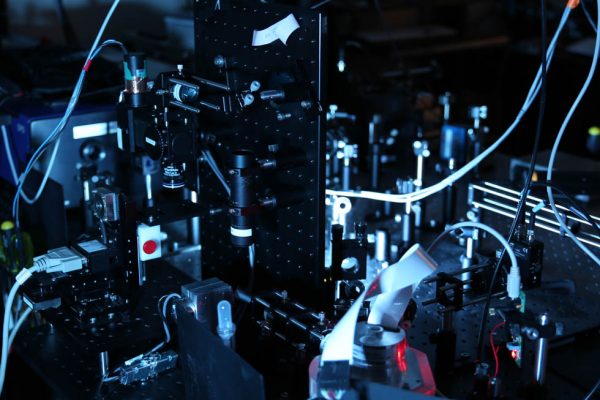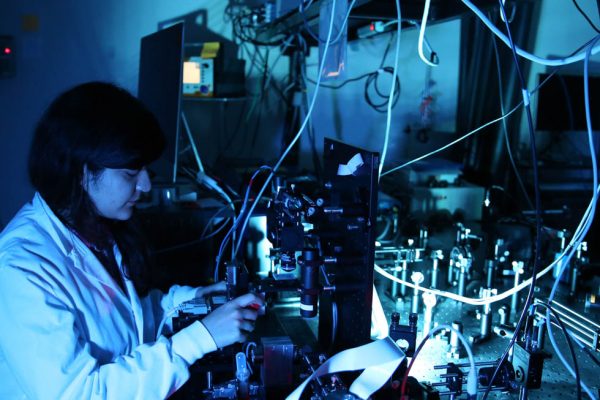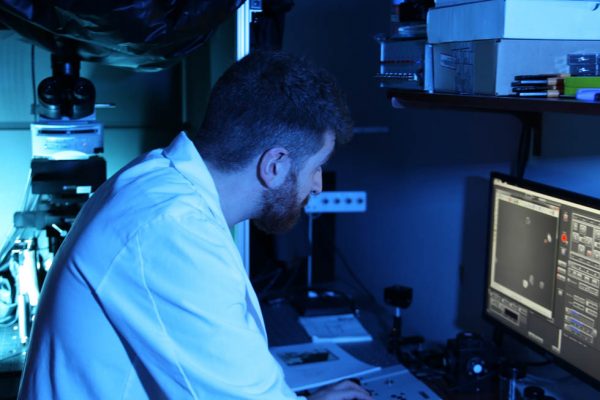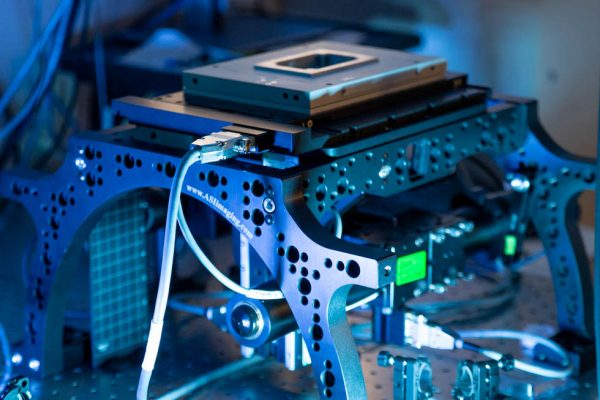Why biophotonics?
Biophotonics is at the core of societal, economic and technological issues. It has revolutionized the life sciences and medicine: therapeutic applications using light are more and more widespread; new optical imaging techniques make the human body transparent and pave the way for the exploration of the infinitely small. Optics are necessary for the development of new remote sensing methods to track changing environments, applications for the food industry, tools for studying the microbiome, and more.
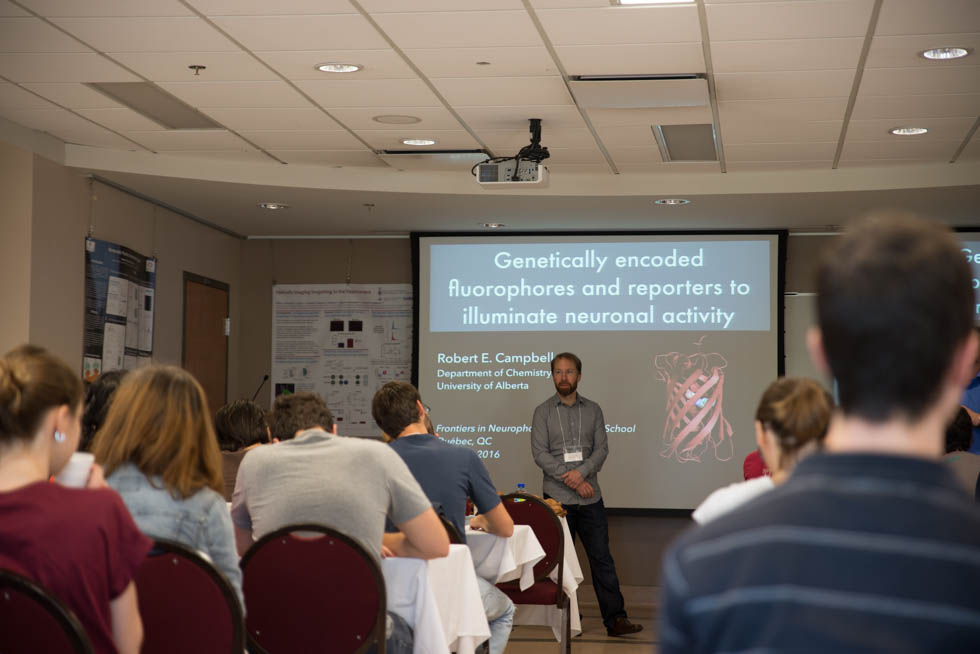
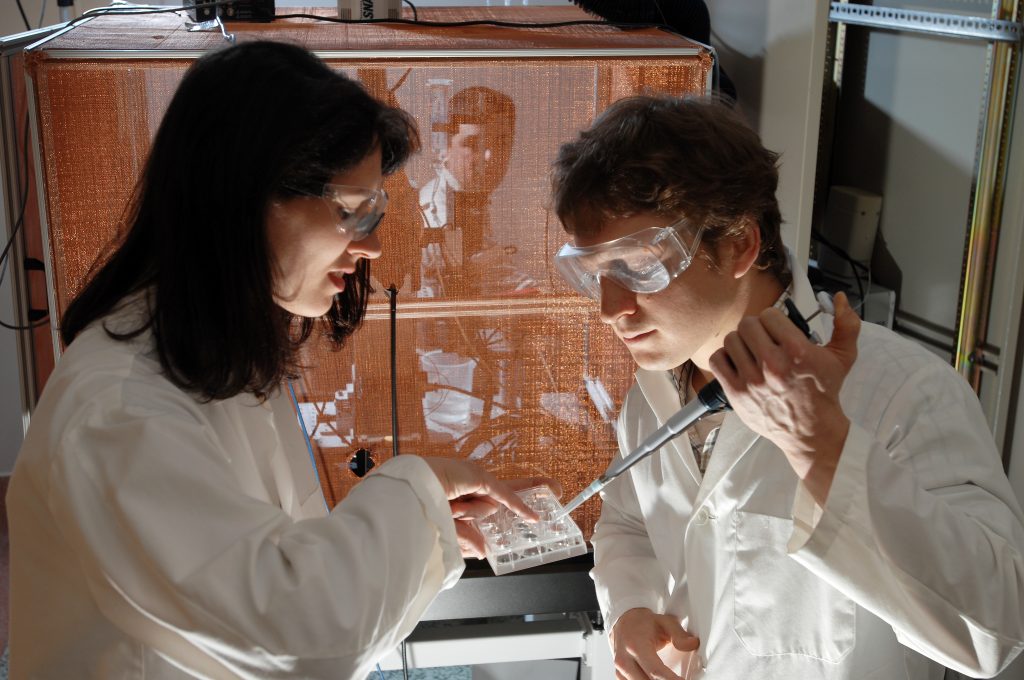
Pre-requisites - Who should register?
The master’s program is open to all students holding a university degree equivalent to the bachelor’s degree in science or engineering, from the following disciplines (or equivalent): physics, engineering physics, electrical engineering, chemical engineering, chemistry, biology, biochemistry, microbiology, physiology, neurosciences, biophysics, biotechnology, biomedical sciences, medical biology, biomedical engineering.
The doctoral program is open to all students holding a master’s degree in biophotonics or in the same disciplines mentioned above.
The researchers

- Biochemistry, microbiology, and bio-informatics
- Cellular and molecular neurobiology and synaptic imaging


- Physics, physical engineering and optics
- Development and use of microscopy and spectroscopy techniques for imaging and studying neurons, brain and other living tissue

- Chimie organique bio-organique et supramoléculaire
- Isolement, identification et synthèse de produits naturels issus de la nordicité

- Psychiatry and neurosciences
- Development of intelligent nanoscopy methods

- Electrical and computer engineering
- Machine learning

